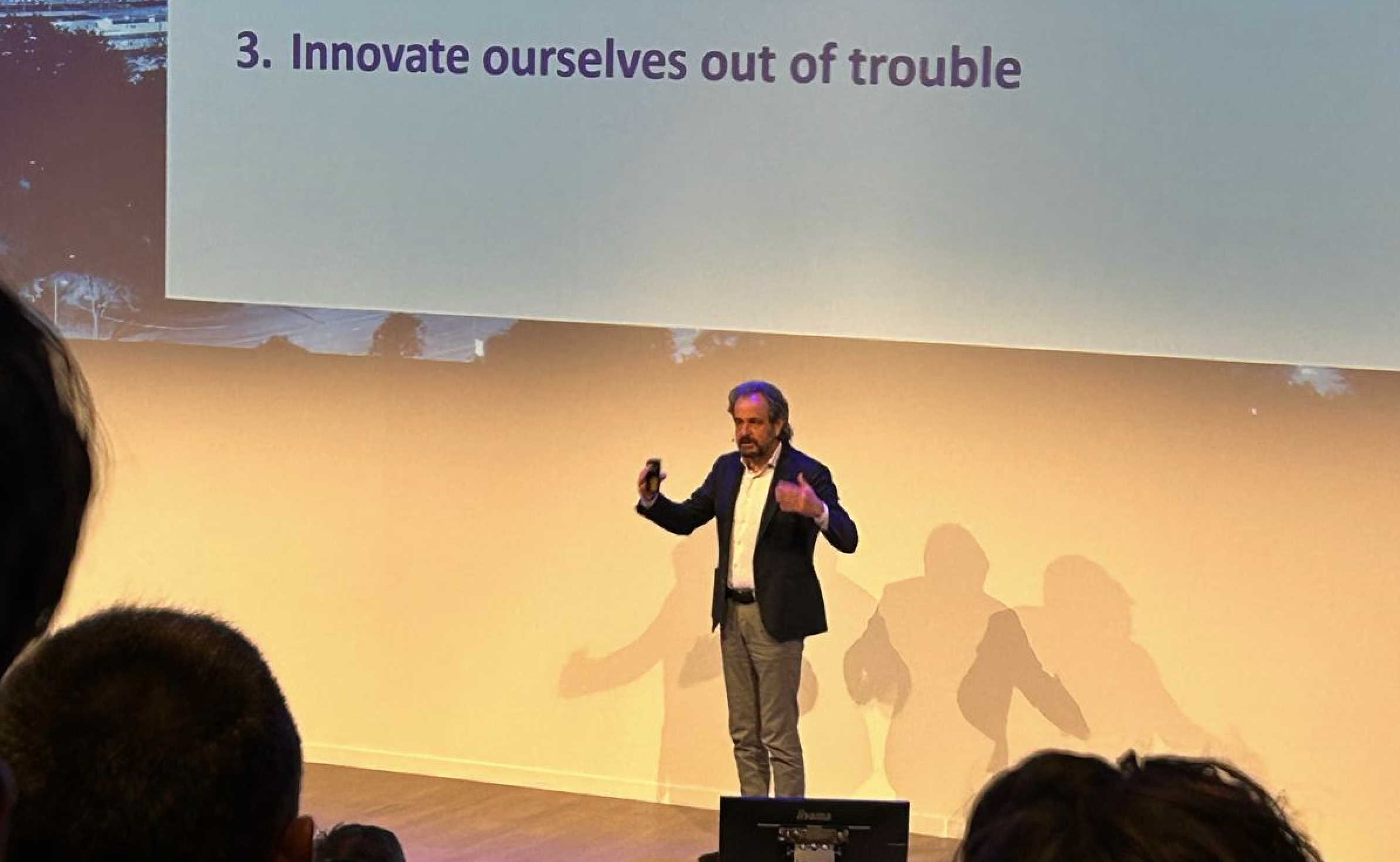
PricewaterhouseCoopers (PwC) is betting big on artificial intelligence (AI) with a staggering $1 billion investment over three years. The initiative aims to expand AI solutions for clients and provide AI training for its 75,000 employees. The investment includes partnerships with Microsoft and OpenAI, with PwC planning to equip its workforce with AI tools such as ChatPwC, which are already being used internally for tasks like asset valuations. The firm is at the forefront of an industry-wide shift towards AI, with other major players like Deloitte, EY, and KPMG also making substantial investments in AI technology.
- PwC is investing $1 billion in AI to enhance services and upskill its 75,000 employees.
- Partnerships with Microsoft and OpenAI aim to augment, not replace, human expertise.
- PwC prioritizes responsible AI adoption and plans to train its workforce comprehensively in AI skills.
At the heart of PwC’s strategy is the drive to future-proof its workforce against the rapidly changing landscape of professional services. Joe Atkinson, PwC U.S.’s chief products and technology officer, reflects on Forbes.com the urgency felt within the C-suite regarding AI adoption, noting the unparalleled “fear of missing out” on this technological development. The company’s initiative is spearheaded by Atkinson and Mohamed Kande, the U.S. firm’s Consulting Solutions Co-Leader, while the upskilling efforts are under the guidance of Yolanda Seals-Coffield, the firm’s chief people officer.
Leading the AI revolution in professional services
This investment is not an isolated endeavour. The professional services industry is on the brink of an AI revolution, with the potential to transform ‘knowledge work’ across the board. PwC’s investment is echoed by its peers, with Deloitte committing $1.4 billion to technology training for its employees, and EY and KPMG similarly investing in technological capabilities. However, PwC maintains a unique stance on AI’s impact, viewing it as a tool to augment human work rather than replace it. This ethos is supported by their decision to refrain from layoffs, as they believe in the enduring necessity for human judgment and skepticism in delivering quality work.
Collaboration with tech giants
As part of their strategy, PwC has partnered with OpenAI, the creators of ChatGPT, to provide AI-generated advice to clients on complex issues such as tax, legal, and human resources. This collaboration is designed to enhance productivity and reduce costs, without leading to job losses in the near future. PwC’s AI chatbot is touted as being as competent as a consultant with 25 years of experience, a testament to the capability of AI to navigate intricate compliance and C-suite decision-making landscapes.
The partnership with Microsoft is another cornerstone of PwC’s AI investment, aiming to leverage tools like OpenAI’s GPT-4/ChatGPT and Microsoft Azure OpenAI Service to improve tax accounting, auditing, and consulting services. This will help their employees to identify anomalies in financial data, thereby saving time and enhancing the quality of their work. Such technological advancement is part of a broader trend, with KPMG and Ernst & Young also embracing AI to streamline their operations.
Managing AI risks responsibly
With the integration of AI comes the question of responsible innovation. Consultancies are faced with a dilemma: will the rush to adopt AI lead to equitable practices or precipitate hasty and potentially detrimental shortcuts? PwC and other industry leaders are looking towards collaborative initiatives, akin to Big Tech’s voluntary AI commitments, to manage these risks. By adopting transparent reporting, collaborative risk management, and shared best practices, PwC aims to harness AI’s potential while ensuring ethical conduct.
Training is a critical component of PwC’s AI investment. The firm has plans to train 75,000 of its employees in the US and Mexico on AI. Shannon Schuyler, US chief purpose and inclusion officer at PwC, highlights the importance of equipping all employees with the skills to discuss AI with clients, identifying opportunities for client support and AI transformation. PwC recognises that new hires often lack the experience with data-analytics software and tools that the firm uses, which is why the training programme is comprehensive, including online lessons and interactive elements. The company’s approach to AI is not one of replacement but of enhancement, ensuring that the human element remains integral to its operations.








